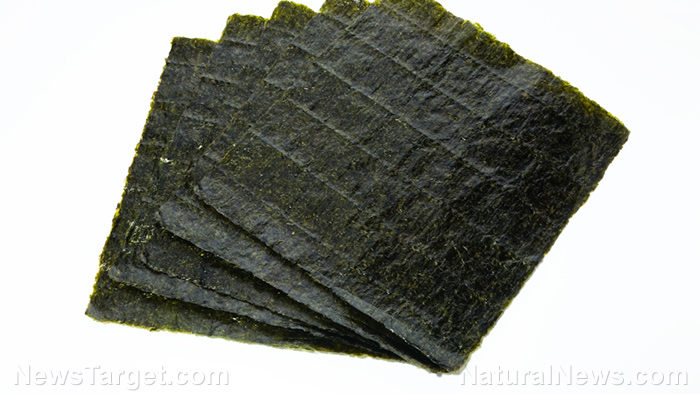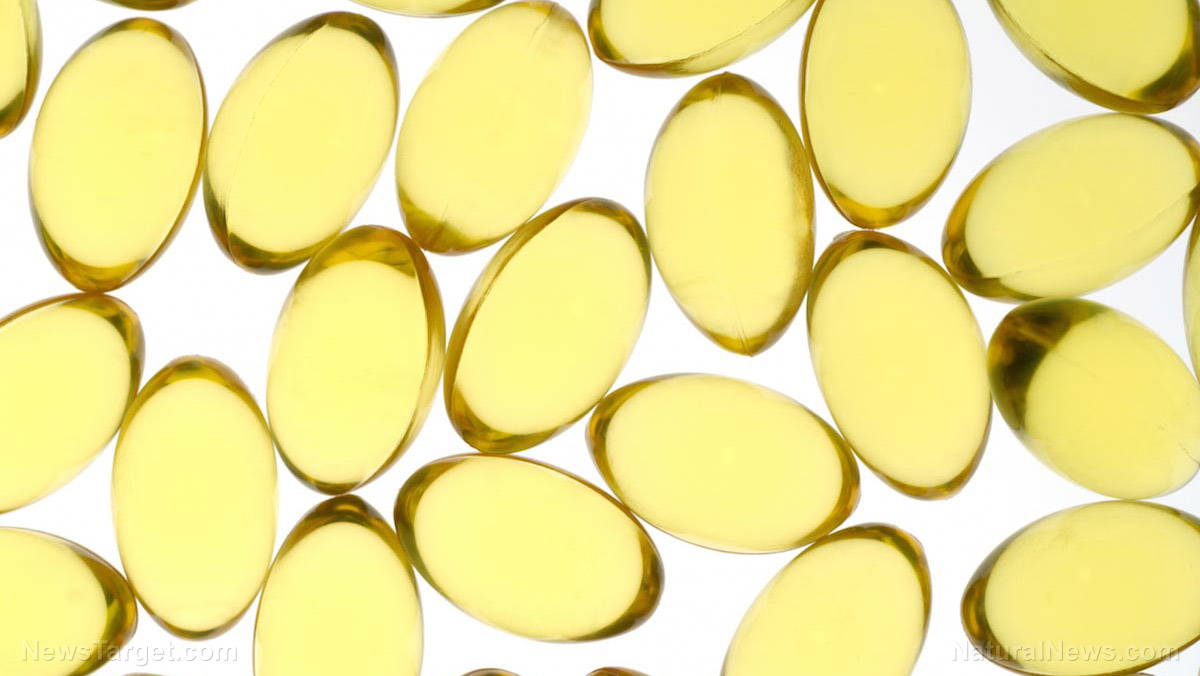Specific bioactive proteins nourish the blood vessels and help reduce risk of cardiovascular disease
08/16/2018 / By Ralph Flores

A study on bioactive peptides could have wide-ranging benefits in supporting overall cardiovascular health. In particular, bioactive peptides have the potential to be used in treating endothelial dysfunction, a condition which might lead to cardiovascular diseases if left unchecked, according to researchers from the University of Alberta. The review, published in Food Science and Human Wellness, provided a rundown of how bioactive peptides can be used to support the endothelium and prevent the likelihood of more severe conditions.
The endothelium, a layer of flat cells that line the inside of blood vessels and lymphatic vessels, as well as the heart, plays a significant function in cardiovascular health. Lipids that circulate the bloodstream, for example, come in constant contact with the endothelial cells, and any changes in the relationship of these two cells could lead to adverse conditions for the heart, according to an earlier study conducted by the Alfred Hospital and the Baker Heart and Diabetes Institute (formerly the Baker Medical Research Institute) in Australia. In that study, researchers noted that the presence of low density and TG rich lipoproteins on the endothelium could increase the risk of atherosclerosis and other cardiovascular diseases.
Endothelial dysfunction, in particular, is a condition that usually precedes atherosclerosis, and occurs when there is an imbalance between vasodilators (bioavailable agents that dilate the endothelium) and endothelium-derived contracting factors. In the current study, researchers identified oxidative stress as a key factor in the development of a disease. When there is oxidative stress, reactive oxygen species (ROS) are usually produced without any regulation. In particular, oxidative stress in the endothelium creates a reaction with nitric oxide (NO) and produces peroxynitrite (ONOO?), a reactive molecule that can cause adversely affect the normal function of cells. This process results in the inflammation of the endothelium, which, in some cases, may lead to cell death.
Currently, there is a push to find natural alternatives to existing medication, with concerns raised on their synthetic nature and their adverse side effects. As such, bioactive peptides – defined as organic substances formed by amino acids that are linked by peptide bonds – have received increased attention, given their benefits to human health. In the study, researchers pointed out that specific peptides can inhibit oxidative stress and improve the bioavailability of nitric oxide, while others can directly induce nitric oxide production to improve endothelial function. There are even some peptides that can reduce the tension of blood vessel walls, similar to some opioids.
For the study, researchers focused on the anti-inflammatory effects of bioactive peptides, as this is a hallmark symptom of endothelial dysfunction. While there are a lot of studies that have validated anti-inflammatory peptides, only a few have written about its benefits in vascular and endothelial functions.
After conducting laboratory research, the team noted Ile-Arg-Trp, an egg protein ovotransferrin derived tripeptide, to have anti-inflammatory and antioxidant effects, based on in vitro tests. Another ovotransferrin derived peptide, Ile-Gln-Trp, showed to have similar effects in animal tests. (Related: Peptide found in egg whites can lower blood pressure, say researchers.)
Aside from egg proteins, peptide-rich milk protein hydrolysates also demonstrated anti-inflammatory effects in vitro, while a hydrolysate peptide from spirulina had similar effects as well.
Another factor which is known to harm the endothelium is the excessive actions of the renin-angiotensin system (RAS), which regulates blood volume and is linked with arterial pressure. This condition, according to researchers, can also be attenuated with bioactive peptides such as those derived from sardines and rice bran protein.
Based on the data identified in the study, researchers concluded that bioactive peptides could potentially be used in the treatment and management of endothelial dysfunction. They also recommended that future studies involve biomedical research to understand the underlying processes involved in the treatment.
“Clinical trials, especially those performed with strict randomization, would also help to move more bioactive peptides from the bench to the bedside, with expected benefits for both the people at risk of [cardiovascular diseases] and the health care system as a whole,” they added.
Learn more ways to take care of your heart by following Heart.news today.
Sources include:
Tagged Under: anti-inflammatory, antioxidants, Bioactive peptides, cardiovascular disease, cell death, cells, endothelial dysfunction, endothelium, food cures, food proteins, inflammation, longevity, natural cures, nitric oxide, oxidative stress, peroxynitrite, prevention, remedies, research, synthetic medicine



















